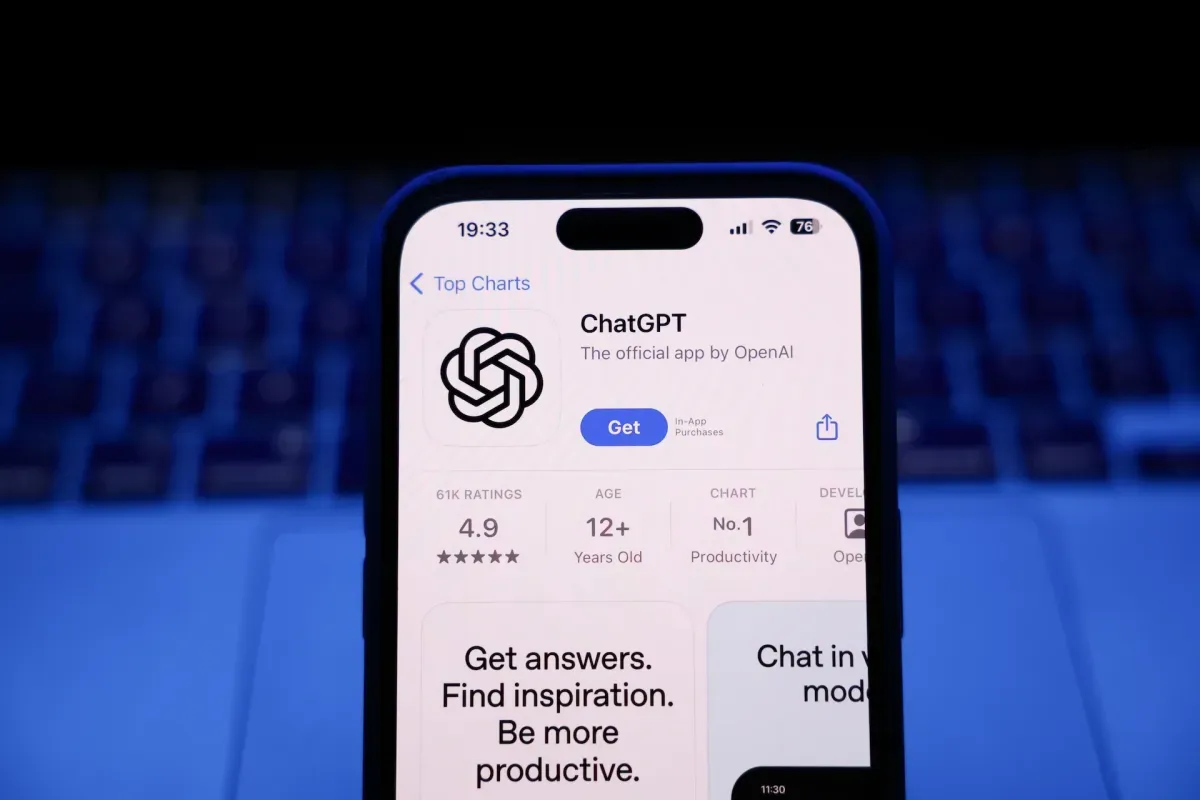ChatGPT referrals to news sites: What it means for publishers in 2025
ChatGPT referrals to news sites are rapidly increasing, giving publishers a new source of traffic amid a growing decline in traditional search click-throughs. As artificial intelligence tools like Google’s AI Overviews and ChatGPT become primary gateways for accessing news, many publishers are left wondering whether these new traffic sources can compensate for what’s being lost from search engines. While ChatGPT usage for news has grown substantially — with news-related prompts rising by 212% between January 2024 and May 2025 — the overall impact on publisher traffic still falls short of bridging the widening gap left by diminishing organic search visibility.
Image Credits:Jakub Porzycki / NurPhoto / Getty Images
Why ChatGPT referrals to news sites are growing
One of the biggest shifts in digital media consumption is the way audiences interact with information. ChatGPT, once a general-purpose chatbot, has become a preferred source for quick news updates, summaries, and topic insights. Between January and May 2025, ChatGPT referrals to news publishers jumped from under 1 million to over 25 million. That’s a massive 25x growth in just over a year. Users are increasingly typing real-time news queries directly into AI tools rather than traditional search engines. Whether asking about political developments, sports scores, or breaking tech stories, readers often prefer AI-generated responses — especially when they come with clickable source links. These links have helped drive the growing number of referrals to trusted news outlets.
Why ChatGPT traffic isn’t enough to offset search declines
Despite the strong uptick in ChatGPT-driven traffic, publishers are still struggling. The report from digital market intelligence firm Similarweb revealed that no-click searches are rising steeply — from 56% in May 2024 to nearly 69% by May 2025. This means most search queries, especially on Google, are now answered directly on the search page, with fewer users clicking through to actual websites. As a result, organic traffic to news platforms has dropped from over 2.3 billion visits in mid-2024 to under 1.7 billion a year later. Even with ChatGPT referrals spiking, the gap in traffic isn’t being filled. Publishers relying on SEO for reach are discovering that strong keyword strategies alone can’t guarantee visibility or engagement like they once did.
What news publishers can do to adapt to AI-driven news delivery
AI is reshaping how content is discovered and consumed. To survive — and thrive — publishers need to adapt to this evolving ecosystem. That starts with optimizing for AI interactions, not just search engines. Structuring articles for clarity, accuracy, and authority helps AI models like ChatGPT understand and cite the content. Integrating schema markup, improving author bylines for E-E-A-T (Experience, Expertise, Authoritativeness, and Trust), and producing original reporting are also key steps. Moreover, building direct user relationships through newsletters, apps, and subscriptions can help reduce dependence on any one referral source. While ChatGPT referrals to news sites show promising growth, publishers should treat them as part of a broader traffic strategy — not a replacement for search.


